The aim of the School mentoring model is to foster the adoption of digital innovation at school level. The focus is on teachers’ understanding of digital technology and practices to implement technology in a pedagogically meaningful way. The model promotes teachers’ professional learning with peers and school management to create the culture and practices for evidence-informed implementation of digital innovation. The model is created in the iHub4Schools project (2021-2023).
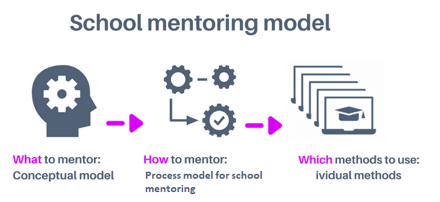
School mentoring model includes the following elements:
a) Conceptual model (what to mentor) targeting researchers, school leaders and policy makers to conceptualize digitally innovative school that fosters school-level peer-learning and mentoring;
b)Process model (how to mentor) targeting school leaders, teachers, mentors and teacher trainers by providing a model of organising development processes inside and between schools.
c) Individual methods (which methods to use) providing descriptions of practical methods that can be used to implement school-level digital innovation through peer learning and evidence-based development. The methods can be used as toolbox tools from which mentors and schools choose the appropriate approaches based on the needs and goals.
Individual Methods
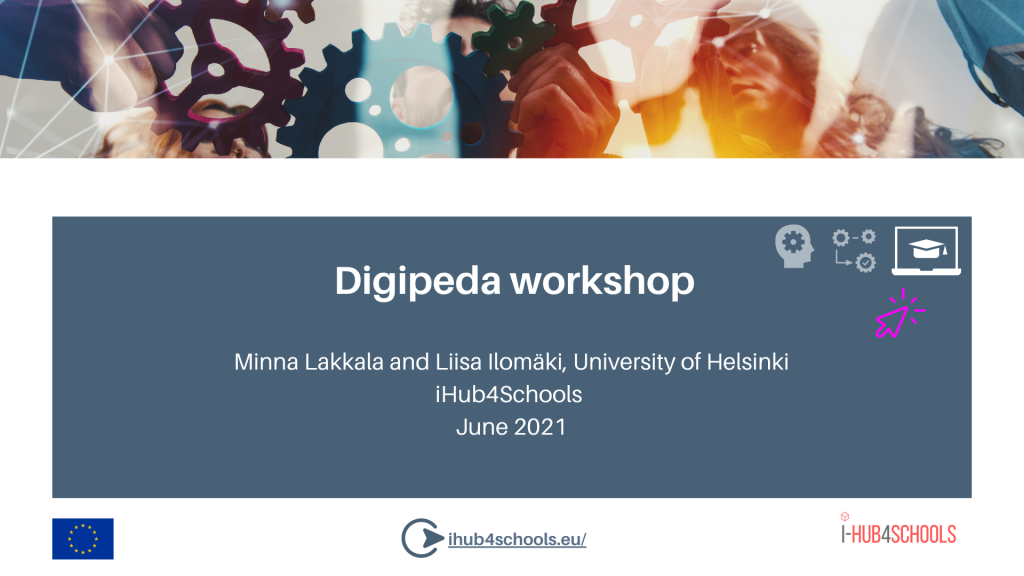
Digipeda workshop: A short workshop for teachers to evaluate their own pedagogical digital practices and make joint proposals for training and development needs. Suitable for mentoring process phases 4. Mapping joint learning and development aims and needs and 7. Reflection.
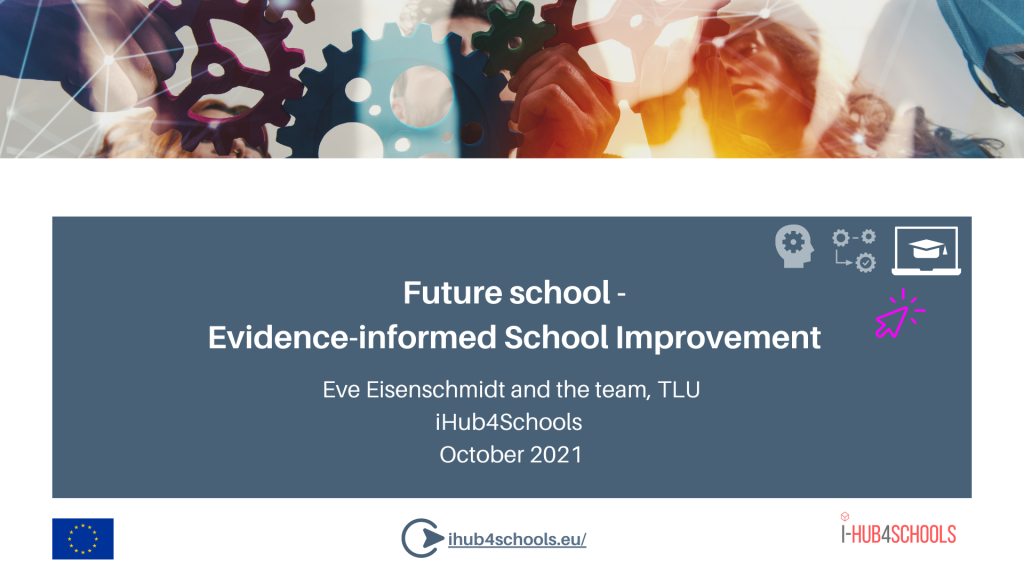
Future school – Evidence-informed School Improvement: A 9-month long program where school teams implement their change projects and monitor their implementation and impact on school development. Combines mentoring process phases 4. Mapping joint learning and development aims, 6. Collaborative development actions and 7. Reflection.
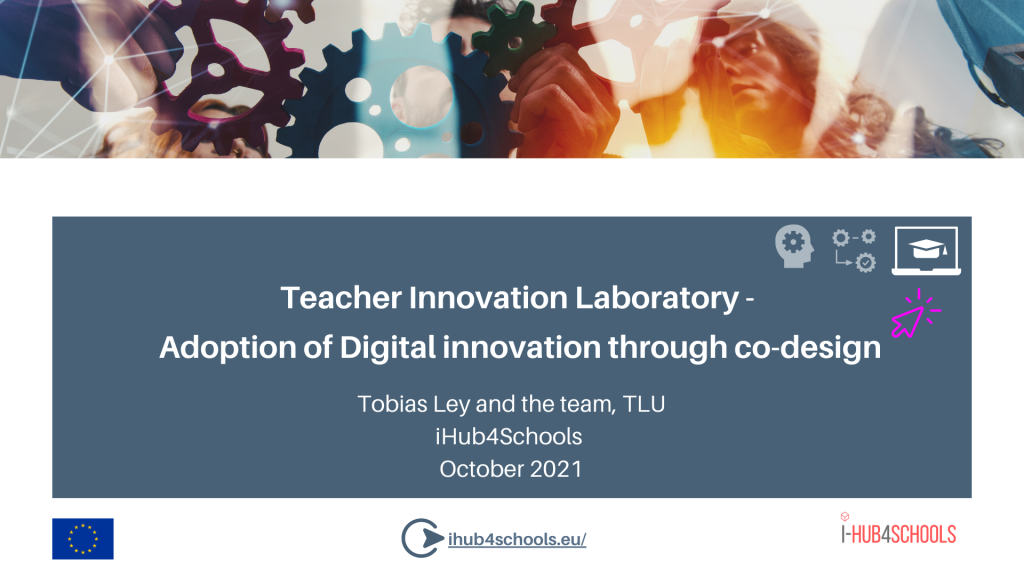
Teacher innovation laboratory: A longitudinal program where teachers together with university researchers co-create and pilot innovative lesson designs as well as monitor the process and reflect on the experience. Suitable for mentoring process phase 6. Collaborative development actions.
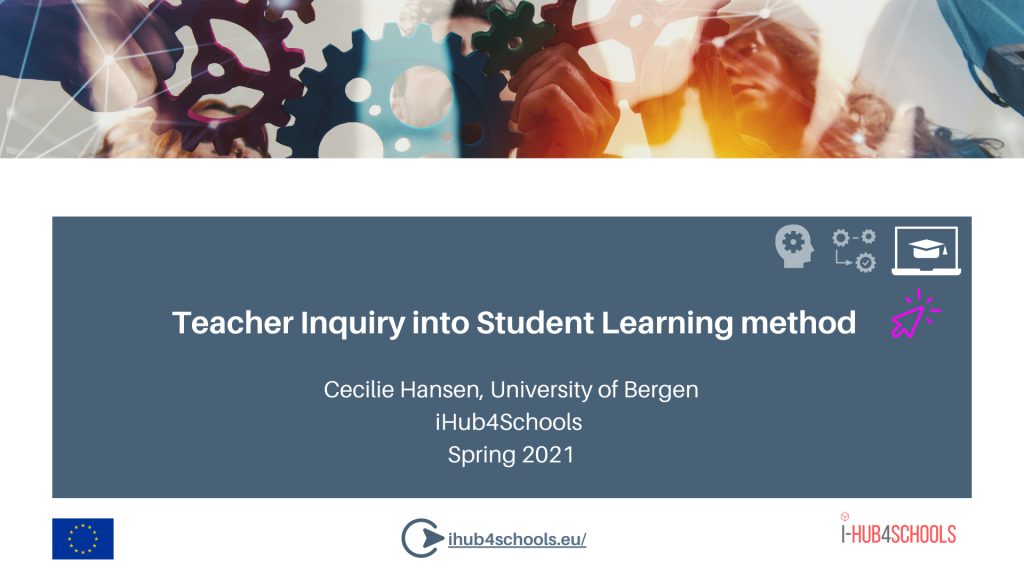
Teacher inquiry into student learning: Teachers design in small teams their own inquiry project, implement it and share their experiences. The length of the process may vary. Suitable for mentoring process phase 6. Collaborative development actions.
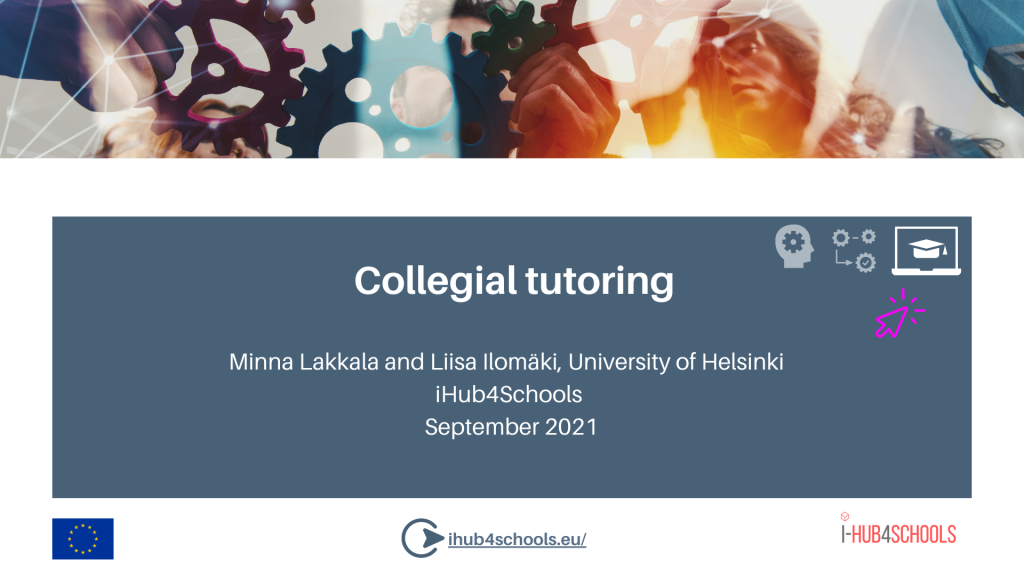
Collegial tutoring: Organizing collegial support about digital pedagogies between two teachers embedded in everyday school work. A more-experienced teacher supports a less-experienced colleague through example scenarios and tutoring. Suitable for mentoring process phase 6. Collaborative development actions.
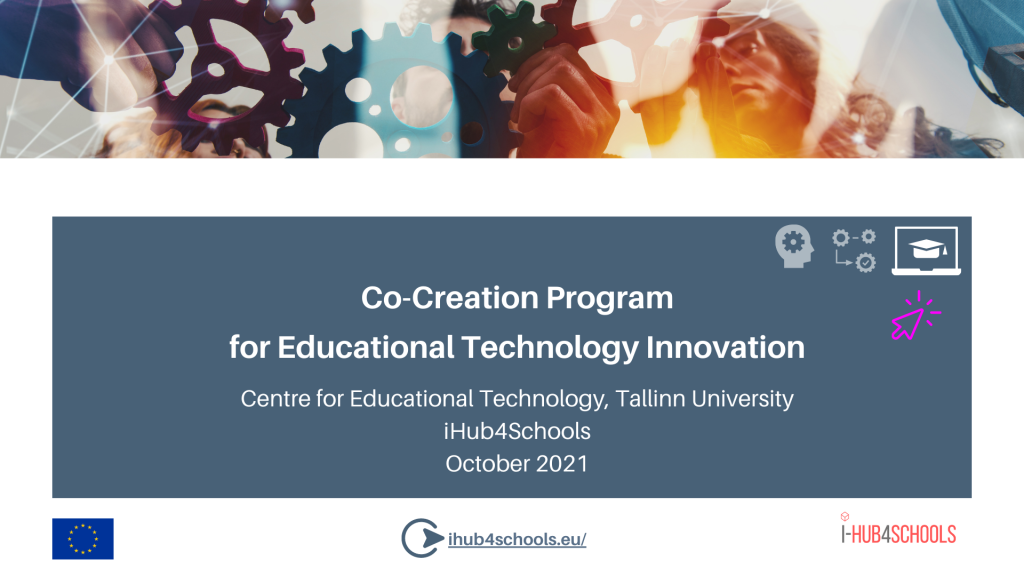
Co-creation program for educational technology innovation: Six-month-long program where EdTech start-ups together with teachers and researchers co-create a digital solution based on real life problems in education. Suitable for mentoring process phase 6. Collaborative development actions.
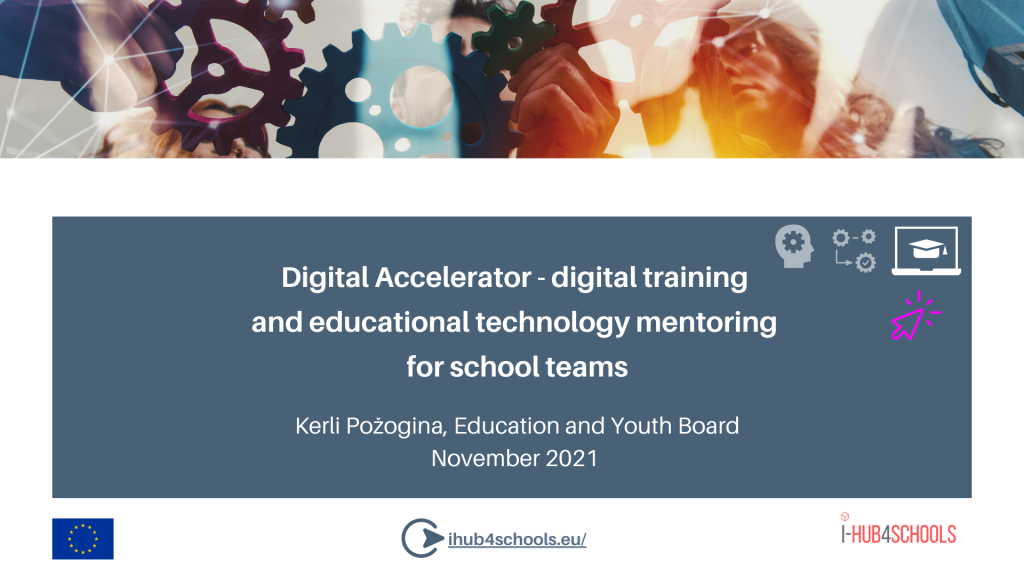
Digital Accelerator Program: A six-month long program where school teams get basic and advanced training of using digital technology as well as leadership training and educational technology mentoring. Combines mentoring process phases 4. Mapping joint learning and development aims, 5. Acquiring new perspectives, 6. Collaborative development actions and 7. Reflection.
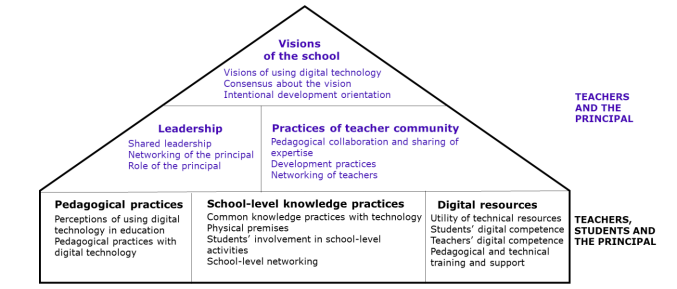
A workshop for evaluating whole-school digital practices: Short workshop where all teachers of a school evaluate the school’s digital practices and development needs. Suitable for mentoring process phases 4. Mapping joint learning and development aims and needs and 7. Reflection.
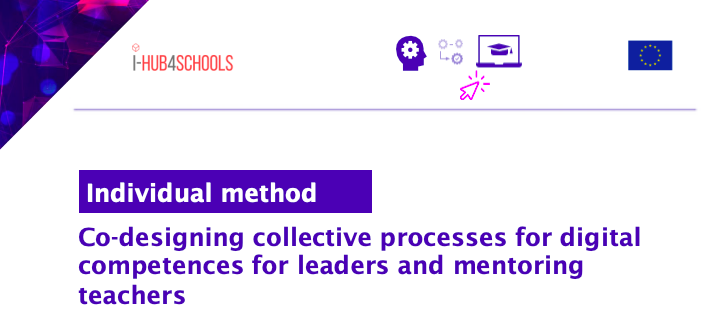
Co-designing collective processes for digital competences for leaders and mentoring teachers: Leaders and mentor teachers from different schools come together to share how they work with digital competence and how they can develop collective learning processes in their own schools. Suitable for mentoring process phase 6. Collaborative development actions in the school mentoring process.
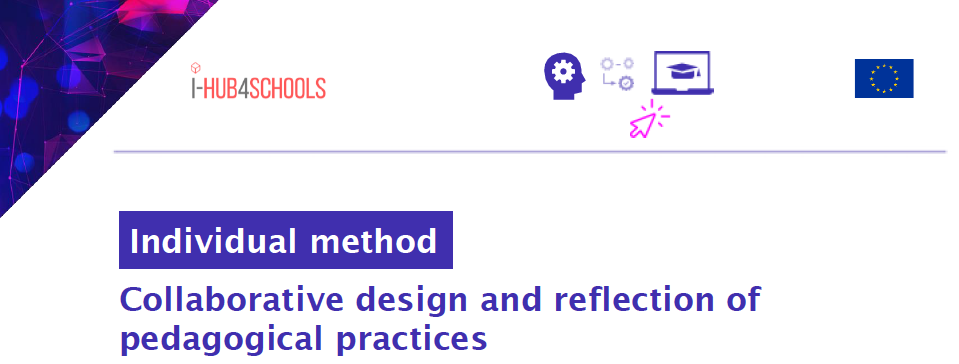
Collaborative design and reflection of pedagogical practices: Short-term training for supporting teachers to create student-centred and pedagogically meaningful learning designs around the learning technologies. Suitable for mentoring process phase 6. Collaborative development actions.
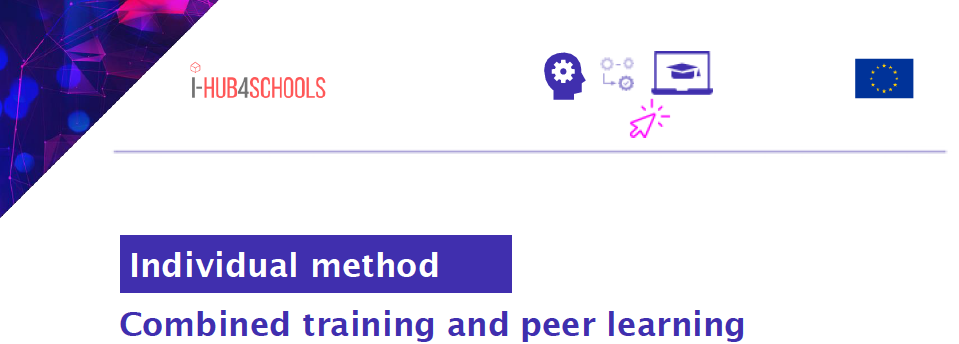
Combined training and peer learning: Teachers introduce good examples of using digital technology in teaching and then help colleagues design and implement their own scenario. The implementations are evaluated in joint reflective discussions. Suitable for mentoring process phases 5. Acquiring new perspectives and 6. Collaborative development actions.
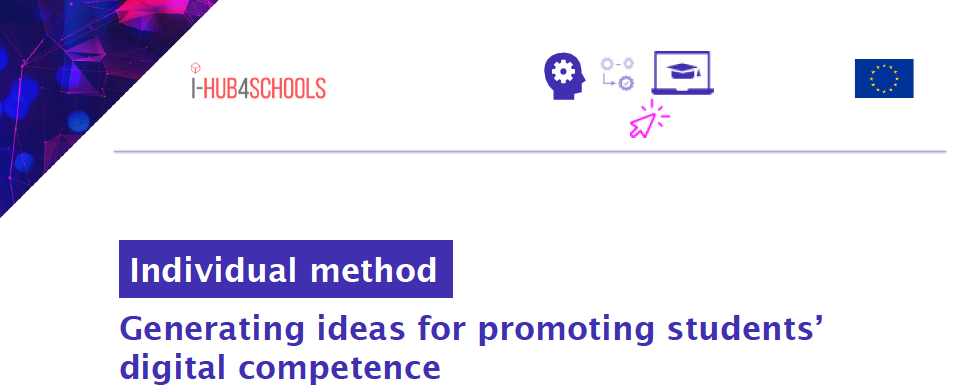
Generating ideas for promoting students’ digital competence: A short workshop where teachers generate individually one or two pedagogical scenarios about advancing students’ digital competence, and discuss the scenarios in small groups. Suitable for mentoring process phases 5. Acquiring new perspectives and 6. Collaborative development actions.
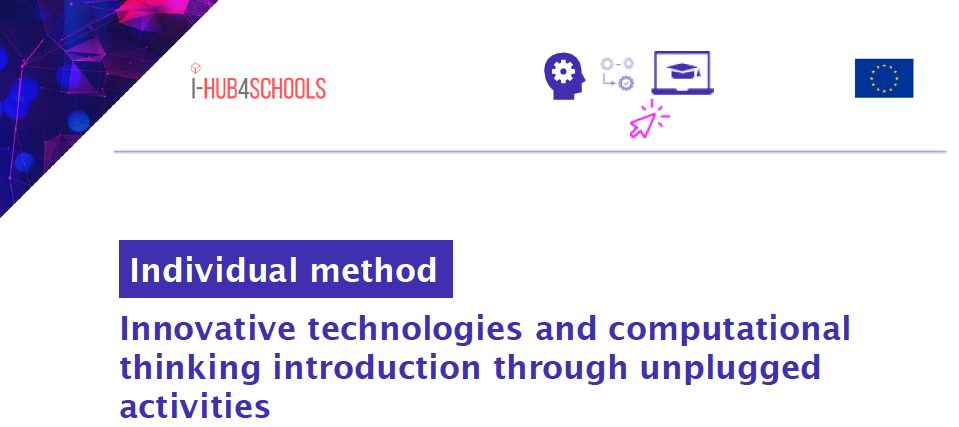
Innovative technologies and computational thinking introduction through unplugged activities: A short workshop for teachers to learn about computer science topics and educational tools as well asimprove their ability to incorporate digital innovations and computational thinking into their teaching practice. Suitable for mentoring process phases 5. Acquiring new perspectives and 6. Collaborative development actions in the school mentoring process.
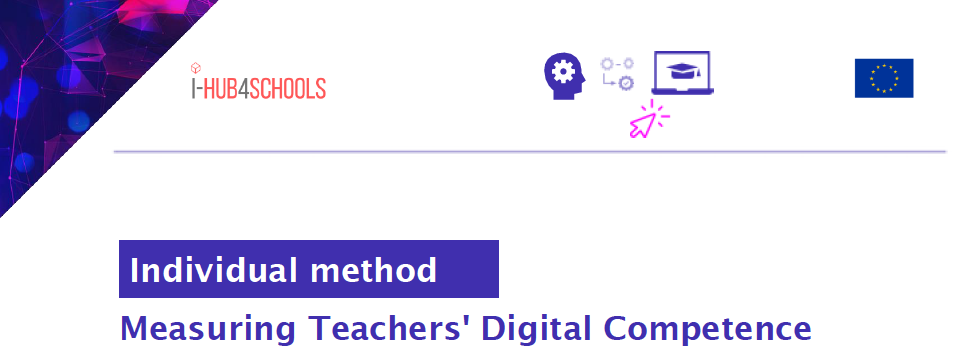
Measuring teachers’ digital competence: The SELFIEforTEACHERS survey tool is used as a self-assessment instrument to measure teachers’ digital competence to determine what kind of support teachers need in order to increase their digital competence. Suitable for mentoring process phases 4. Mapping joint learning and development aims and needs and 7. Reflection.
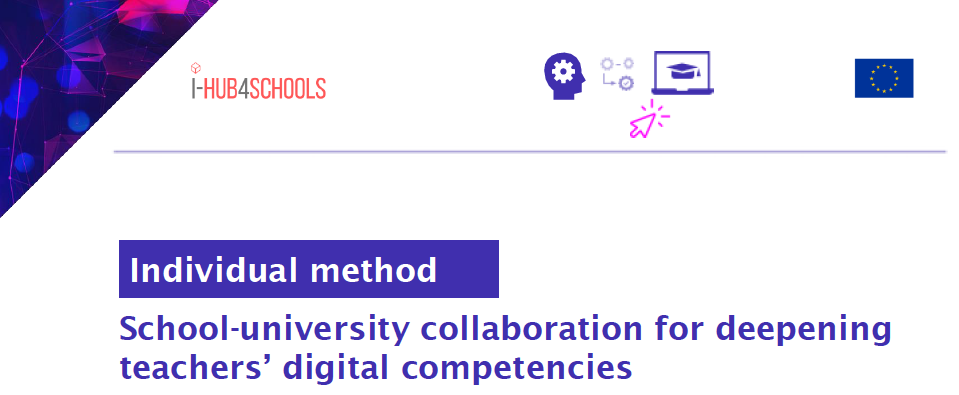
School-university collaboration for deepening teachers’ digital competencies: A process to improve teaching of mathematics and computational thinking in primary and lower secondary education using a virtual learning environment ViLLE (or Eduten) based on learning analytics. Suitable for mentoring process phase 6. Collaborative development actions.
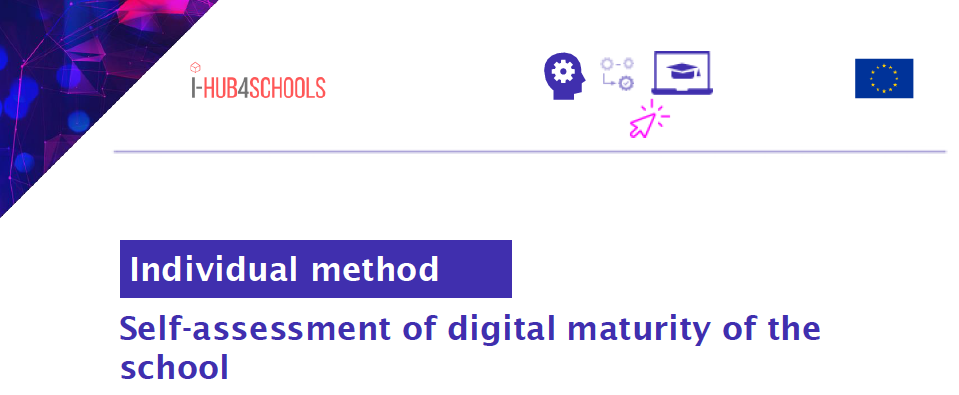
Self-assessment of digital maturity of the school: Implementing a self-assessment digital maturity model to give the schools a whole school assessment and a basis for determining the focus of digital development projects. Suitable for mentoring process phases 4. Mapping joint learning and development aims and needs.

